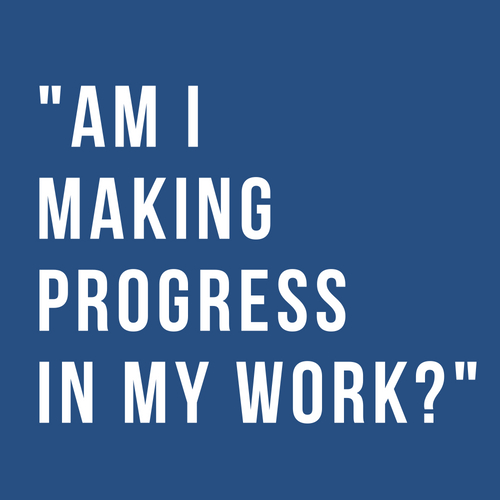Times are always changing. Just last week I read an article in the Kansas City Star indicating that a number of large companies in the US are abandoning the traditional annual performance evaluation. My first thought was, “Are you kidding me?” Traditional annual performance evaluations are sacred in the management world. If I’d been paying attention to all I’ve been reading over the past five years, this change wouldn’t be surprising.
Let’s review issues with traditional performance evaluation systems that might cause them to have an “F” for effectiveness.
- Traditional performance evaluations share the good and bad once a year. At times the comments shared are timely but frequently are late and ineffective. For years, I’ve taught in my Human Resources MBA courses that the best feedback is given closest to the action (good or bad). If you’re only giving performance input yearly, then your P.E. system rates “failing”.
- Traditional performance evaluations often result in one of the following – “halo”, “horns” or “average”.
- “Halo” – because the manager doesn’t want to offend anyone.
- “Horns” when the manager wants to get rid of the employee.
- “Average” because the manager is average and can’t have anyone looking better than he/she.
In essence, in this scenario, there is no real evaluation. Let’s face it; it’s hard to shake off those tendencies. So, if your managers aren’t trained in formal P.E. or if you’re not getting group input into P.E., your P.E. system might not be worth the ink on your paper.
- Traditional performance evaluations are sometimes merely used to decide compensation matters rather than improve performance. In this case, the employee listening to your commentary during the performance evaluation review might be thinking, “Will you hurry up and tell me how much or little my pay raise will be?” Yep, another “F” for tradition.
We’ve shared before studies indicating that the number 1 question of your best employees is:
Am I making progress in my work?
Secondarily, they want to know they’re appreciated and valued. They want to hear these in a relational conversation, to pursue possibilities for better performance, and to work in a manager/employee team with regard to how they can make progress in their performance. (If you’re a follower of organizational behavior theory, this adds up to: they want to be engaged in the success of the organization.)
If the above is true, how do we handle poor performance? Executive Advantage clients deal with such issues using Coach’s Notes which put opportunity for improvement back on the employee. Contact us if you’d like coaching on this process or if you’d like a “freebie” sample performance feedback text.
Now, this is not to say that we don’t believe in formal performance evaluations; but there is a right and wrong way to do them. Please remember, Executive Advantage exists to come alongside businesses like yours with its human resources needs, including development of performance evaluation systems that really work and that have a stronger chance of holding up in a court of law.
Remember, that we offer HR mentoring through our GuidedHR online platform to help you up your HR IQ and strengthen your business’s bottom line.

